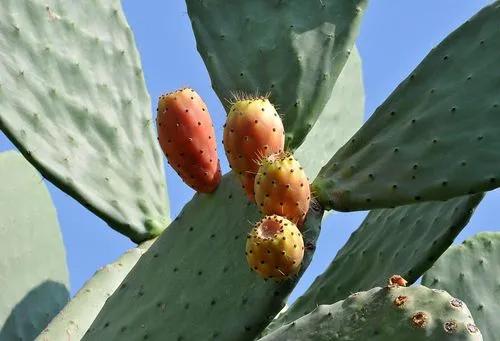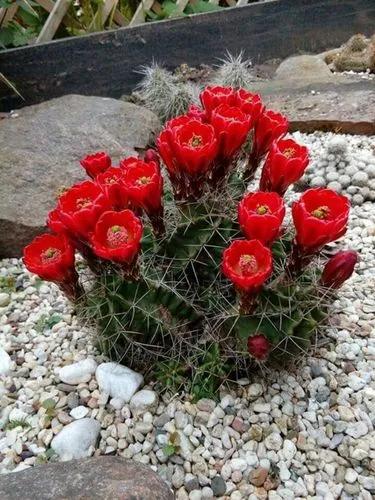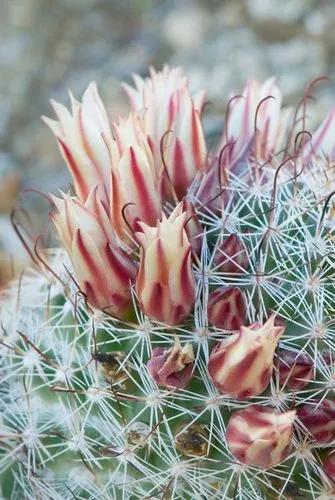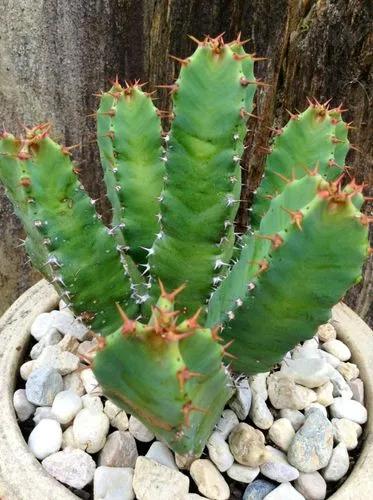Welcome to the world of Stetsonia coryne. It’s is a fascinating and eye-catching cactus species that has quickly become a popular houseplant. Its dense clusters of spines that look like toothpicks are what give this cactus its name. Easy to care for, Toothpick Cactus is an excellent addition to any home, making it a unique element to any space.
Toothpick cactus Care
Stetsonia coryne



The cactus is native to the deserts and semi-arid areas of Argentina, Bolivia, and Paraguay. In its natural habitat, this cactus can reach heights of up to 30 feet (9 m), making it one of the tallest cactus species in the world. Toothpick Cactus is a relatively slow-growing plant that can take up to 10 years to reach maturity. This pricky plant produces bunches of white or yellowish-white spines that look like toothpicks. It also blooms with showy white flowers in summer, which are followed by edible red sweet, and juicy fruit.
How to Care for the Plant

Water

This cactus is drought-tolerant and should only be watered when the soil is completely dry. Give it an infrequent, deep drink and allow the soil to dry out before watering again.

Pruning

Prune Toothpick Cactus only when it’s overgrown. Use a sharp, clean pair of scissors or pruning shears to trim away any dead or damaged growth.

Fertilizer

Feeding may not be necessary at all if the compost is fresh then, feed in summer only if the plant hasn't been repotted recently. If the soil is dated, feel your cactus with slow-release liquid fertilizer once a month during the spring-summer growing season. Pick up a specifically formulated for this cacti species fertilizer from your local garden store. Avoid nourishing the plant in winter as it goes dormant and doesn’t need extra feeding and frequent watering.

Sunlight

The cactus grows best in bright indirect sunlight. Place it near a south-facing window or another location that receives at least 6 hours of indirect sunlight per day. Make sure to keep the cactus away from direct sunlight during the hottest months of the year to protect it from being harmed by harsh temperatures.

Soil

Well-draining potting mix would benefit this plant the most. Plant it in a specifically combined for cactuses and succulents potting mix. You can also add sand or perlite to your regular substrate in equal parts to improve drainage.

Propagation

The best way to propagate this cactus is through stem cuttings. Simply cut off a section from the top of a stem with a sharp blade at a 45-degree angle. Let the cut piece of stem dry out for a few days, and place it in a container of cactus mix afterward. Give it an infrequent light drink, and the cutting should root in a few weeks.

Temperature

An ideal temperature for growing Toothpick Saguaro indoors is 60-90 ˚F (15-32˚C). This cactus can tolerate higher temperatures but does not like cold drafts or temperatures below 50 ˚F (10 ˚C).

Container

Plant Toothpick Cactus in a container with drainage holes at the bottom. Opt for porous organic material such as unglazed clay or terra cotta, which ensures proper water evaporation.

Fun fact

The spines of Toothpick Cactus are actually modified leaves. That's why they're so long and thin. These spines look just like toothpicks, which is where the cactus name is derived from.

Popularity

2,737 people already have this plant 144 people have added this plant to their wishlists
Discover more plants with the list below
Popular articles






